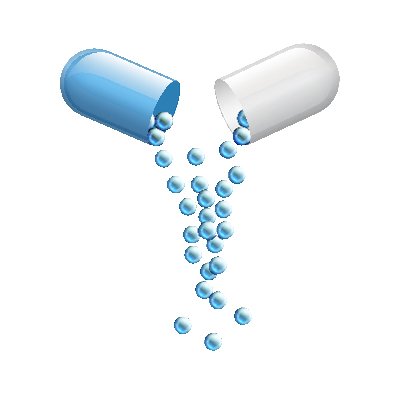Q: I’ve taken a medicine called Prilosec®,or omeprazole, for over 15 years. When I ran out last month, my heartburn symptoms came right back. Am I stuck taking this forever?
Every time you eat or drink, your body responds by releasing digestive juices into your stomach and small intestine. Your body sends gastric acid into your stomach using a type of specialized cells called proton pumps. Some medicines decrease stomach acid by interfering with these acid pumping cells, and are called proton pump inhibitors, or PPIs.
PPIs are the most potent medicines doctors have to decrease stomach acid. They can relieve chest pain caused by acid reflux and prevent and heal stomach ulcers.
Twenty years ago, I forgot to take the last capsule of my antibiotic doxycycline. Jumping out of bed, I quickly swallowed the pill with half of a glass of water, but it got stuck partway down. Instead of dissolving in my stomach, it burned a hole in the lining of my esophagus, causing eye-watering pain whenever I ate or drank. My doctor prescribed Prilosec® (also known as the generic medicine omeprazole), which healed the ulcer within 6 weeks.
Although I stopped taking omeprazole after my ulcer healed, many people have continued taking PPIs for months, even decades.
Medicines like Prilosec® (omeprazole) and its close relatives Protonix® (pantoprazole), Prevacid® (lansoprazole), and Nexium (esomeprazole) used to be some of the most commonly prescribed medicines. Most PPIs are available without a prescription. However, doctors now know that having less stomach acid can eventually cause problems.
People taking PPI medicines for extended periods can become deficient in vitamin B12, iron, calcium, and magnesium. That’s because stomach acid helps us absorb these vital nutrients. Long term use of PPIs is also associated with increased bone fractures in men and women, most likely from a decreased ability to absorb calcium from food.
Having an adequate amount of stomach acid is one of your most important defenses against infections. Those taking PPI medicine for extended periods become more susceptible to certain types of diseases, like pneumonia and antibiotic-associated diarrhea.
If your heartburn comes roaring back when you stop taking your PPI medicine, you are not alone. Between 60-90% of people taking PPIs for at least 3 months will notice stomach burning if they abruptly stop it. Don’t despair; if your doctor has no concerns, you may be able to get off the PPI by tapering the dose down over several months.
6 Tips on Successfully Stopping a Proton Pump Inhibitor (PPI):
- Taper it, don’t quit it.
Stopping a PPI medicine can trigger rebound acidity in your stomach and heartburn, leading you to believe you are stuck taking it forever.
- Taper the dose down as slowly as possible.
Reducing the PPI dose instead of stopping it gives your body a chance to adjust. If you take it twice a day, try taking it once a day. If you take your PPI once daily, start by cutting your dose in half.
- Don’t give up.
If decreasing the PPI dose triggers heartburn, don’t despair. Go back to your usual dose for a week, then take half your dose every evening while taking your full dose every morning. If this works, stay on it for at least 1-2 weeks before you cut back on your medicine again.
- Consider a super-slow taper.
Here’s my favorite tapering regimen: Lower the dose on ONE dose per week. You can either take one-half of the dose or skip it entirely for one day during Week 1, two days during Week 2, three days on Week 3, and so on until you have completed 7 weeks of tapering. If you take ½ tablet in the evening and 1 tablet in the morning, your next step would be repeating the process over the next 7 weeks, ending up at either 1 tablet daily or ½ tablet twice daily.
- Add a different type of acid blocker.
Some medicines relieve heartburn by blocking the effects of stomach acid instead of interfering with its release. These medicines are called acid blockers.
Acid-blocking medications like Zantac® (ranitidine), Pepcid® (famotidine), Axid® (nizatidine), and Tagamet® (cimetidine) can be taken in addition to a PPI to control severe heartburn.
Adding an acid blocker every evening or a liquid or chewable antacid when needed for heartburn can help you taper successfully off yourPPI. Zantac® and its generic,ranitidine, are currently unavailable because contaminants were found in tablets supplied by several manufacturers.
- Don’t get discouraged.
It can take up to 9 months to completely taper off of a PPI or find the lowest dose you can tolerate. Not everyone can successfully quit stomach medicines entirely. My husband takes one Prilosec® every other day to control his heartburn.


